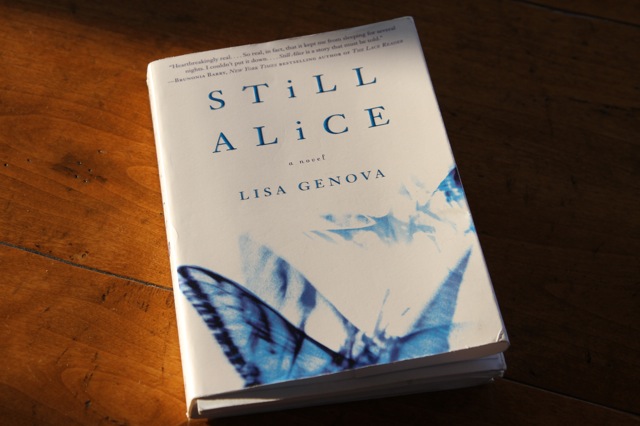Part of my job is stepping into the unknowns of rooms, families, situations and sometimes even simple conversations. Many of us pastors pretend we are prepared and “know what is going on” but I will let you in on a little secret, 99% of the time we are fakin’ it till we make it people. More often than not, we walk into these situations with the minuscule tools we have been given and we do our best to wade through. We aren’t more equipped than anyone else, we just can’t escape, so we lean into the unknown, trusting (and praying with everything we have) the Spirit will lead us.
Yet…in an effort to pretend that I have some knowledge about tough diagnosis, complicated emotional responses and strange system/family dynamics I pick up books about death, dying, family systems, grief, etc. quite often. Basically anything someone might recommend to you, or your friend when their life has hit the fan, I try to be reading and engaging. Be it fiction or non, these books often provide insights into the human condition that may just come in handy. So, my first of 2018 was “Still Alice” by Lisa Genova.
When I picked up this book I knew the premise; a diagnosis of early onset Alzheimer’s for a Harvard professor. I had seen the movie and found the characters compelling and in reading this book, I found Genova, in her simple and compassionate storytelling once again making Alzheimer’s accessible. She speaks to the fears, the obvious questions around quality of life and even scratches the surface of the family dynamics. I found “Still Alice” a wonderful starting point to begin thinking about the complexity of such a diagnosis for individuals and families both young and old.
My profession being what it is, in reading “Still Alice” I also saw the glossing over of the uglier, complex and gut wrenching emotions, family disputes and impossible choices a diagnosis such as this generates. Much of this is due to the fact that the narration comes from Alice’s perspective, but I would have appreciated more depth into the darker and perhaps even morbid aspects of such a disease on the person, the caregiver and the family system. With that said, it’s a great primer and a lovely read. So if you want to step further into the unknown of Alzheimer’s with a great story, add this book to your shelf.
Happy Reading!

